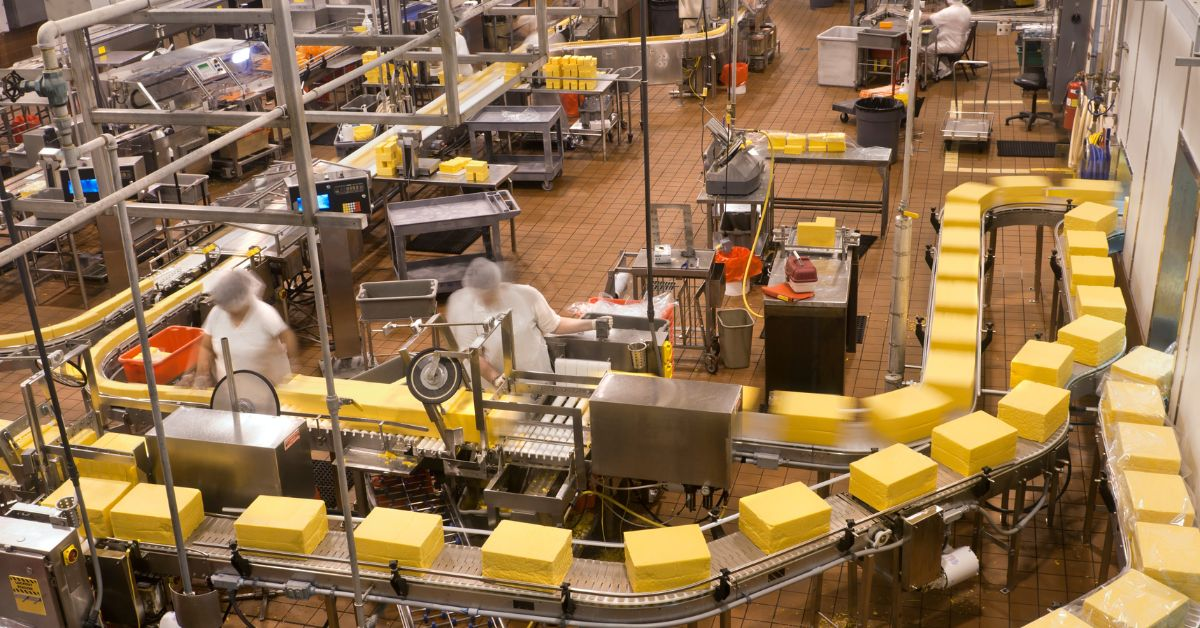
Passing food safety inspections is critical for food manufacturing and processing facilities. Inspections under the Food Safety Modernization Act (FSMA) focus on robust hazard analysis, preventive controls, proper documentation, and risk management. Whether you are a small production facility or a growing regional brand, understanding food safety violations and preparing properly helps you stay inspection-ready.
Here is a straightforward guide to support your compliance and food safety culture efforts.
1. Understand FSMA and Preventive Controls Requirements
Start by understanding the FSMA rules that apply to your facility. Facilities subject to Preventive Controls for Human Food must have a written Food Safety Plan that identifies hazards and establishes preventive controls. Building your food safety compliance checklist based on FSMA requirements keeps your team aligned.
2. Maintain an Updated Food Safety Plan
An up-to-date Food Safety Plan is key to passing food safety inspections. Your plan must include a hazard analysis, preventive controls, supply chain controls, monitoring procedures, corrective actions, and verification activities. Review and update your plan regularly, particularly when you make changes to processes, ingredients, or equipment.
3. Keep Thorough Records
Recordkeeping is a significant part of FSMA compliance. Keep records of monitoring activities, verification steps, sanitation procedures, training logs, and corrective actions. Inspectors will review your documentation to verify that your preventive controls are correctly implemented and maintained.
4. Focus on Sanitation Controls
Clean facilities are essential for food safety compliance. Your sanitation controls should target equipment, food-contact surfaces, and the overall environment. Document your sanitation schedules and validate your cleaning methods to ensure effective and consistent cleaning. Regular sanitation prevents contamination and demonstrates to inspectors that you are serious about food safety.
5. Control Allergen Cross-Contact
Preventing allergen cross-contact is a critical part of your food safety plan. Label allergens, segregate ingredients containing allergens, and clean shared equipment thoroughly between uses to avoid cross-contamination. Failure to control allergens is one of the most frequently observed food safety violations during inspections.
6. Monitor Environmental Pathogens
Facilities producing ready-to-eat foods must monitor for environmental pathogens such as Listeria monocytogenes. Establish an environmental monitoring program and act quickly on any positive results. Environmental monitoring demonstrates that you are actively managing microbial risks.
7. Train Your PCQI and Staff Properly
A trained Preventive Controls Qualified Individual (PCQI) must oversee your Food Safety Plan. Additionally, all employees must receive training in food hygiene and food safety procedures relevant to their job roles. Regular training reduces mistakes and demonstrates to inspectors that you prioritize a culture of food safety.
8. Conduct Internal Audits and Self-Assessments
Regular internal audits, using your food safety compliance checklist, help you identify problems before an inspection. Review critical areas, including process monitoring, sanitation effectiveness, allergen controls, and documentation. Internal audits build a habit of continuous improvement.
9. Maintain Supply-Chain Controls
If you rely on suppliers for ingredients or materials, implement supply-chain preventive controls. This includes approving suppliers, verifying supplier compliance, and keeping records. Managing supply-chain risks is an essential part of FSMA compliance.
10. Communicate Effectively During Inspections
When inspectors arrive, stay professional and organized. Provide the requested documents and answer questions accurately. If a concern is raised, explain the corrective actions you will take. Open communication helps build trust and shows your commitment to food safety.
Common Food Safety Violations in Food Production Facilities:
- Incomplete or outdated Food Safety Plans
- Poor recordkeeping practices
- Inadequate allergen controls
- Lack of environmental monitoring
- Insufficient sanitation procedures
- Untrained or improperly trained staff
Final Thoughts
Passing food safety inspections in food manufacturing facilities requires preparation, strong documentation, and daily attention to food safety practices. Focus on preventive controls, proper training, and active monitoring to avoid common violations and protect your brand.
Ready to strengthen your food safety program and ensure your team meets FSMA requirements? ImEPIK® offers fully online PCQI training and food safety courses designed for food manufacturers.







